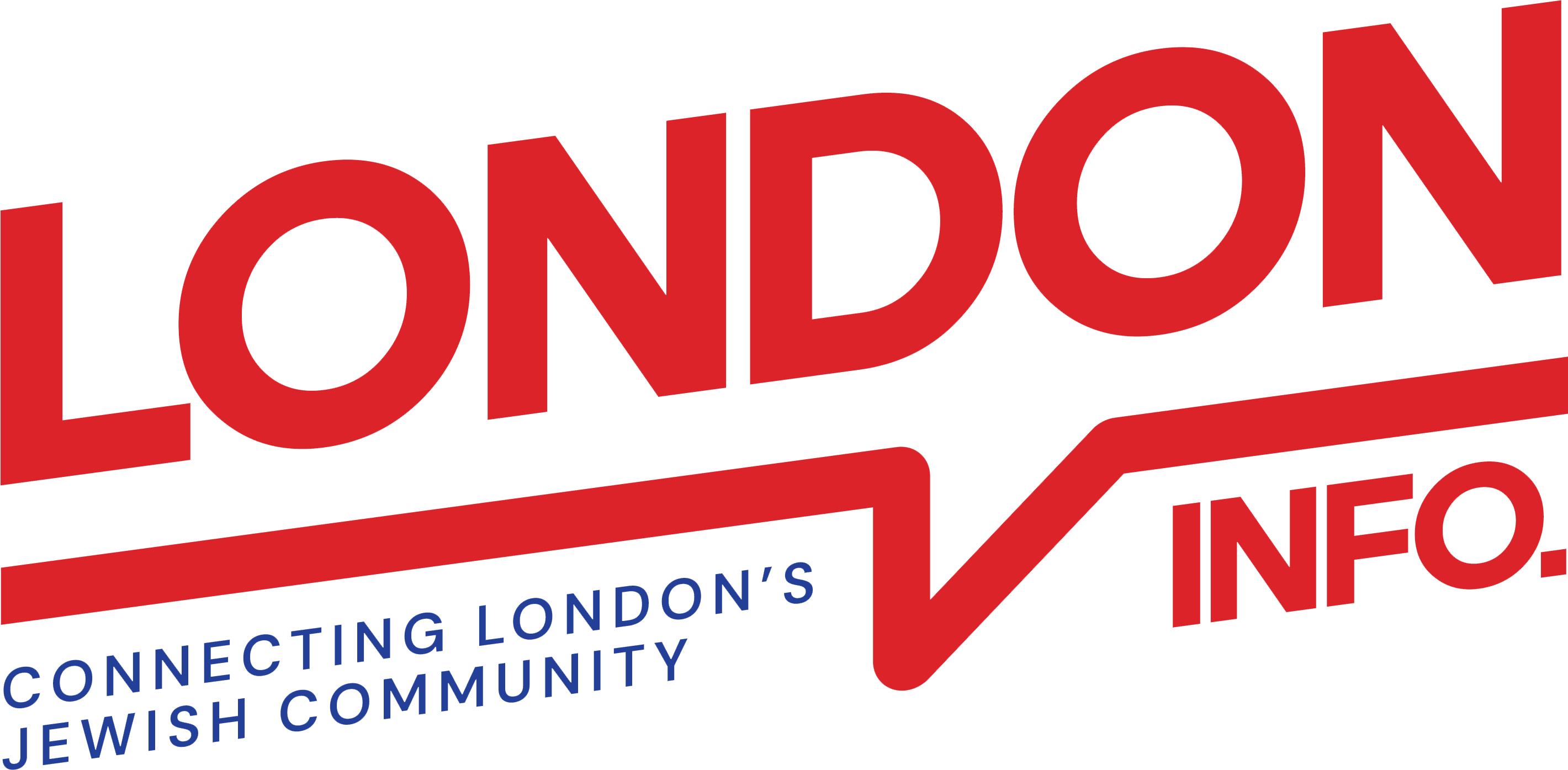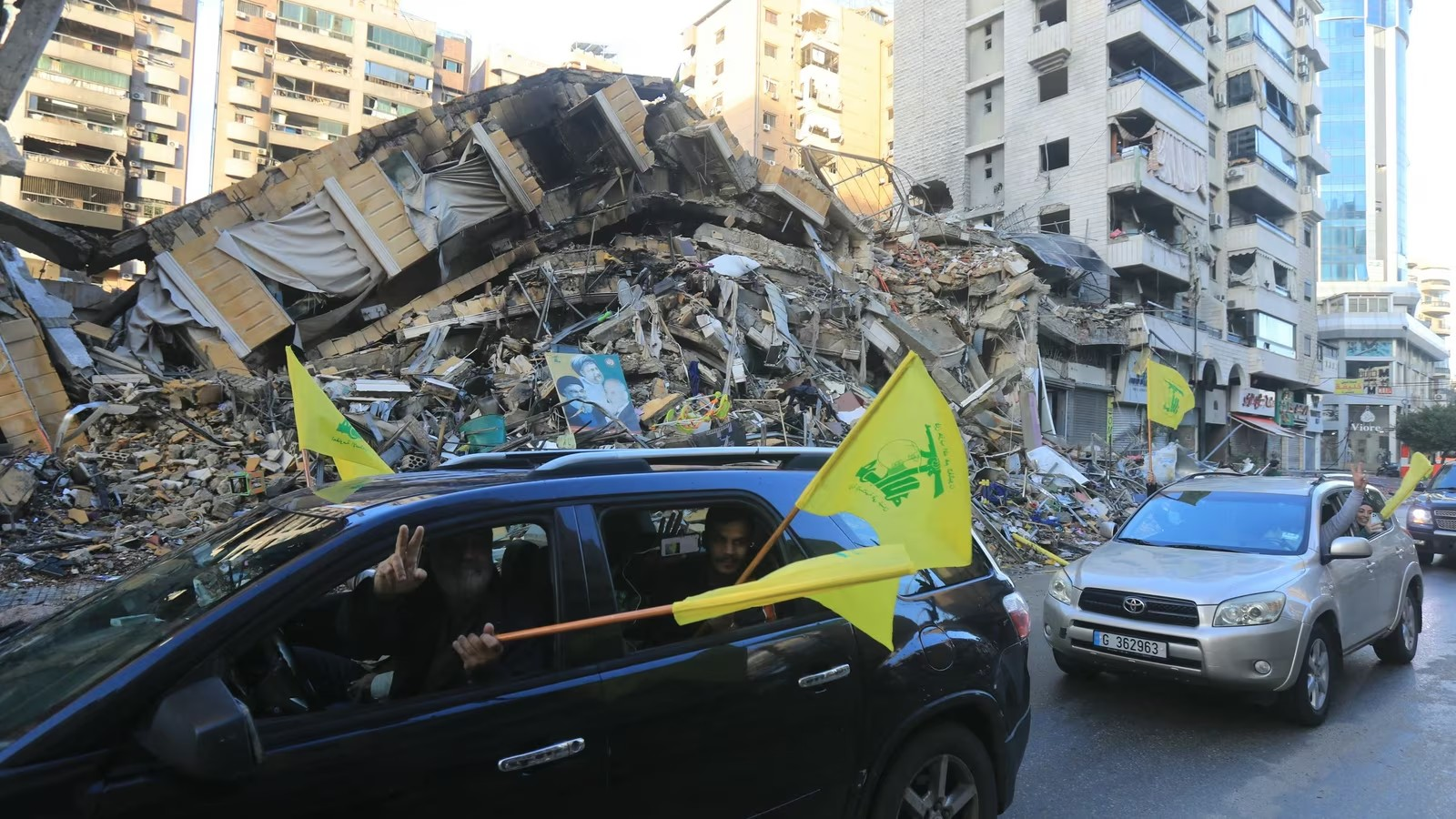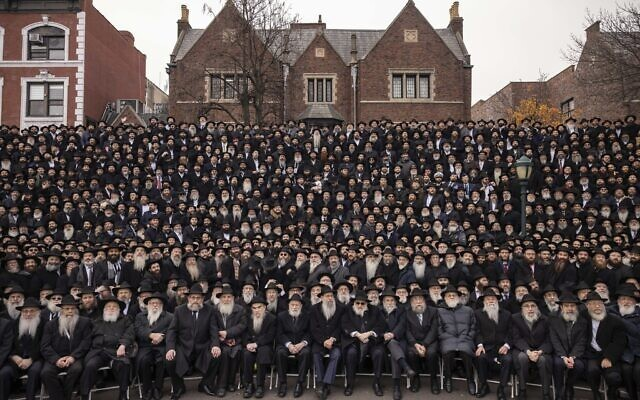A ceasefire between Israel and Hezbollah came into effect on November 27, 2024, following a significant agreement aimed at halting the hostilities between the two nations. The deal, mediated by US envoy Amos Hochstein and supported by France, sets out clear commitments for both sides, focusing on the implementation of UN Security Council Resolution 1701 and the disarmament of non-state armed groups in Lebanon. Below are the simplified steps outlined in the agreement:
- Cessation of Hostilities: Israel and Lebanon agreed to stop all military operations from 4 am, November 27, 2024. Hezbollah and other armed groups in Lebanon will refrain from operations against Israel.
- Israeli Military Actions: Israel will not carry out any offensive military actions against Lebanese targets, including civilians and military sites, by land, air, or sea.
- Commitment to UNSCR 1701: Both countries reaffirm their commitment to UNSCR 1701, which calls for the disarmament of all non-state armed groups in Lebanon and the exclusive presence of Lebanon’s official military forces.
- Self-Defense Rights: Both nations maintain their right to self-defense, in line with international law.
- Deployment of Lebanon’s Military: Lebanon’s official military and security forces will be the only armed groups in the Southern Litani area, according to the LAF Deployment Plan.
- Control of Arms: All arms entering or produced within Lebanon will be strictly controlled by the Lebanese government to prevent the rearmament of non-state groups.
- LAF Responsibilities: Lebanon’s military forces will monitor and prevent unauthorized entry or production of arms in Lebanon, starting with the Southern Litani area, and dismantle any existing unauthorized facilities or military positions.
- LAF Expansion: The US and France will support Lebanon in increasing its military presence in southern Lebanon, aiming for 10,000 troops to be deployed.
- Tripartite Mechanism: A reformulated monitoring mechanism, involving Israel, Lebanon, and UNIFIL (United Nations Interim Force in Lebanon), will oversee the ceasefire and ensure compliance.
- Reporting Violations: Both sides will report any ceasefire violations to the monitoring mechanism, which will investigate and consult the UN Security Council if needed.
- Lebanese Border Security: Lebanon will deploy its forces along all borders, with checkpoints and roadblocks on roads and bridges in the Southern Litani area.
- Phased Israeli Withdrawal: Israel will withdraw its forces south of the Blue Line over up to 60 days, as Lebanon’s forces deploy to key positions in the Southern Litani area.
- Negotiation of Border Disputes: The US and UN will facilitate indirect talks between Israel and Lebanon to resolve remaining border disputes.
The agreement also aims to allow civilians on both sides of the Blue Line to safely return home, while supporting Lebanon’s economic stability and security development.




